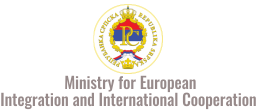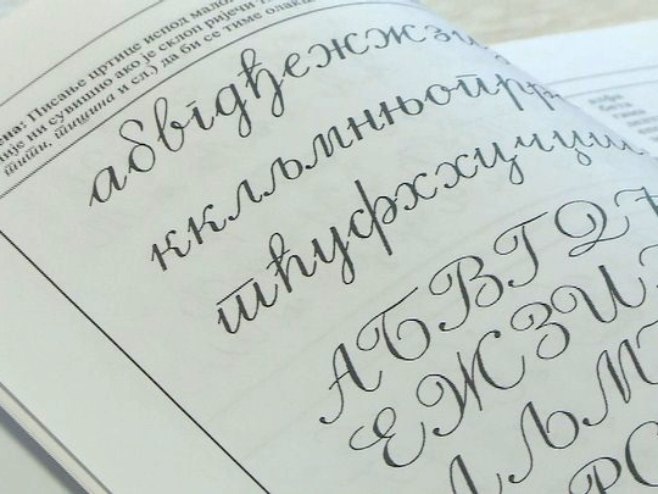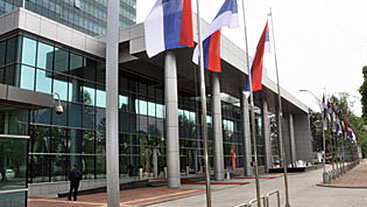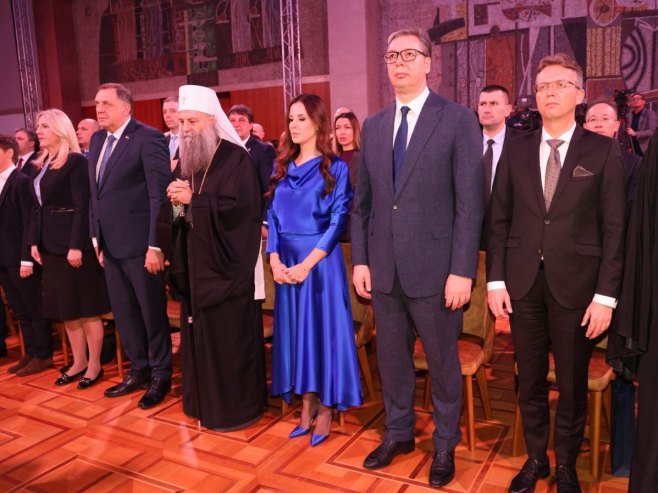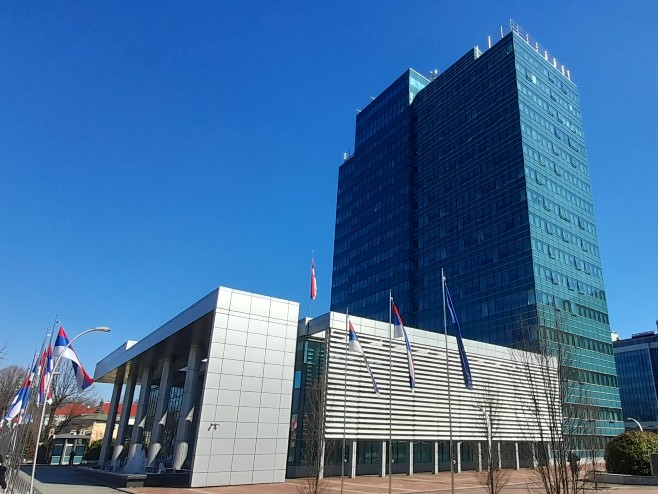Literature in the diaspora, created exclusively in the Serbian language and scattered in many countries around the world, has been building very slowly its physiognomy, poetics, aesthetics, national recognition and patriotic and nostalgic conception. Only in recent times, a more favorable climate has been created for learning about the cultural and artistic creativity of our people in the world, which is very diverse and rich, but at the same time uneven and non-systematized, says the distinguished expert in this field, author and professor Milutin Đuričković.
‘Initially, we overlooked it and somehow treated it with neglected, we did not pay enough attention, although they well deserve it... However, lately, following the development of society, especially technology and the Internet, etc. those connections have become more flexible, better and richer, so we are now able to follow that literature more fully and have it increasingly incorporated into our layers in the matrix where it belongs. ТThere are books that are really valuable and precious and significant, but there are also those modest editions that deserve our particular attention, since their writers are nurturing the Serbian language, nurturing the native melody and thus contributing to us being heard and known in the world’, says the author and professor Milutin Đuričković.
In almost every country where our people live, there is a literary club, association or society that gathers our writers. These are writers of different profiles, different vocations, education and specialization, but they all share writing in Serbian.
‘Where there are the most writers, there is also the most quality, where there are the most of our people... In America, in Canada there is Tuethe Desanka Maksimović Association, which was named while Desanka was alive, then Sedmica, operating in Frankfurt am Main and named after French 7, these are some leading associations... Also, there is the Prosveta Srpska Zora association in Sydney, and there is no need to mention Hungary, Romania and the region... These are all associations that cooperate with the Emigrants Center of Serbia, with the Serbian Association of Writers, and that is how our connections have become much more fruitful and what is noteworthy, these writers participate more and more at festivals, our competitions, they are present both here and there and they participate and receive awards equally at various competitions, in various languages, both in our country and in the region and the whole world’, says Đuričković.
Professor Đuričković notes that we need to work more on their affirmation and to enable more accessible publishing, because our literary diaspora should be known both in their native Serbian language and in the language of the country where they live, work and create.
Source: Radio Television of Serbia
Photo: RTRS

